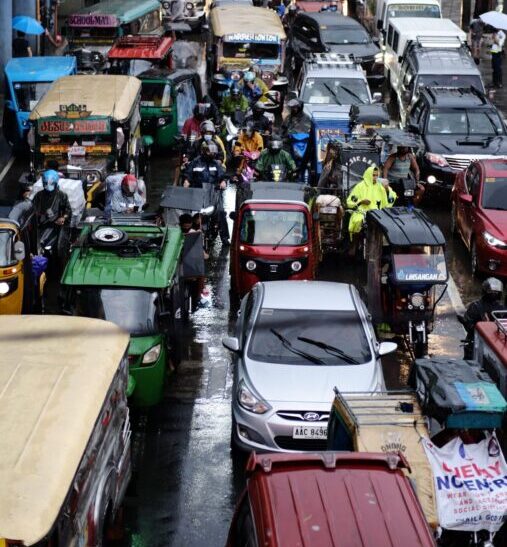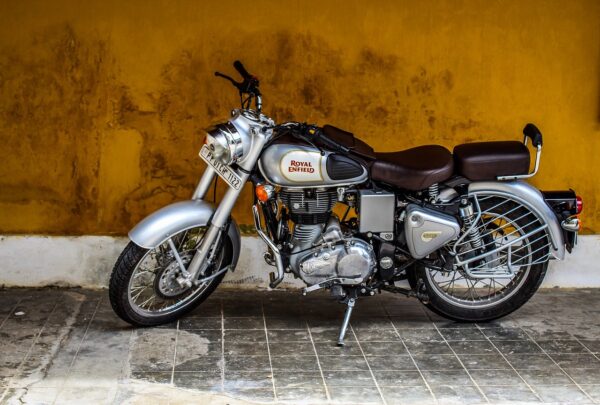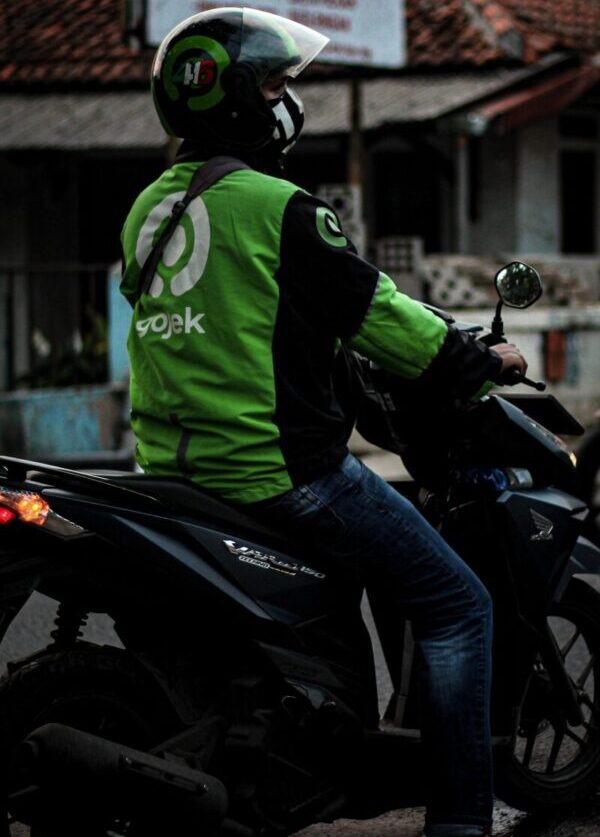In the Philippines, motorcycle service has become an essential mode of transportation, especially for commuters who need to navigate through heavy traffic. Motorcycles are preferred because they are more agile and can maneuver through narrow streets and congested roads. However, the rise of motorcycle service has also brought about several challenges, including issues related to legality, safety, and regulation. In this article, we will take a closer look at the history of motorcycle service in the Philippines, the types of operators, and the challenges they face.
History of Motorcycle Service in the Philippines
The origins of motorcycle service in the Philippines can be traced back to the 1980s when tricycles, or motorized pedicabs, became popular as a means of transportation. However, as the demand for faster and more efficient service grew, motorcycles became a more viable option. In the early 2000s, motorcycle taxis, or habal-habal, started to emerge in rural areas where public transportation was limited. Eventually, habal-habal became prevalent in urban areas, and they were joined by other motorcycle service providers.
Legal vs Illegal Operations
There are two main legal operators in the Philippines: the Grab Philippines and JoyRide. These companies were granted permits by the Philippine government to operate motorcycle taxis in certain areas. Grab Philippines started its motorcycle service in the Philippines in 2019, while JoyRide started its operations a year earlier. Both companies have invested in safety measures and training for their drivers. They also provide insurance coverage for their riders and passengers.
Aside from legal operators, there are also illegal operators in the Philippines. These include habal-habal, or informal motorcycle taxi services, and colorum operators, or those who operate without permits or licenses. Habal-habal is prevalent in rural areas, while colorum operators can be found in both urban and rural areas. These operators are often unregulated and pose risks to the safety of their passengers.
Angkas
Angkas is another motorcycle service provider in the Philippines that operates as a motorcycle taxi. It was launched in 2017 and gained popularity among commuters, especially in Metro Manila, due to its affordability and convenience. However, like other motorcycle taxi operators, Angkas initially faced opposition from government regulators, as motorcycle taxis were not recognized as a legal mode of transportation.
In 2019, the Philippine government conducted a pilot study to evaluate the safety and viability of motorcycle taxis as a mode of public transportation. As a result, Angkas was granted a provisional authority to operate, along with two other operators, namely, JoyRide and Move It. However, the provisional authority was later revoked by the government due to regulatory issues.
Despite the challenges, Angkas has continued to operate, and its popularity among commuters has remained high. The company has also launched several initiatives to promote safety, such as providing helmets for its passengers and drivers and conducting regular training for its drivers. Angkas has also advocated for the legalization of motorcycle taxis in the Philippines, arguing that it would provide a more efficient and affordable mode of transportation for Filipinos.
Move It
Move It is another motorcycle taxi operator in the Philippines. It was launched in 2019, along with JoyRide and Angkas, as part of the government’s pilot study to evaluate the safety and viability of motorcycle taxis as a mode of public transportation. Move It operates in select areas in Metro Manila and nearby provinces.
Move It differentiates itself from other motorcycle taxi operators by offering a range of services beyond transportation. These include courier services, grocery delivery, and food delivery. The company aims to provide a one-stop-shop for customers’ needs, leveraging its network of drivers to offer fast and affordable delivery services.
Like other motorcycle taxi operators, Move It faces challenges related to regulation and safety. The company has implemented safety measures, such as requiring its drivers to wear helmets and providing insurance coverage for both drivers and passengers. It also provides regular training for its drivers to ensure that they adhere to safety protocols and provide quality service.
However, the legality of motorcycle taxis as a mode of public transportation in the Philippines remains a contentious issue. Despite the pilot study conducted by the government, motorcycle taxi operators still face opposition from traditional taxi drivers and other stakeholders who see them as unfair competition. As such, the future of motorcycle taxi services in the Philippines remains uncertain, and operators like Move It will continue to face challenges as they navigate a complex regulatory environment.
Challenges Faced by Motorcycle Service Operators
Despite being granted permits to operate motorcycle taxis, legal operators in the Philippines still face several challenges. One of the most significant challenges is the limited scope of their operations. Currently, Grab Philippines and JoyRide are only allowed to operate in certain areas, which limits their ability to serve more customers. They also face opposition from other stakeholders, such as traditional taxi drivers and jeepney operators, who see them as competition.
Illegal operators, on the other hand, face more significant challenges. They are often subjected to police crackdowns and confiscation of their motorcycles. They also pose risks to the safety of their passengers, as they are not subject to any safety regulations or training.
Cooperatives
Cooperatives are also joining the motorcycle taxi service industry in the Philippines, particularly in areas where traditional public transportation is limited. These cooperatives are often composed of local motorcycle drivers who have organized themselves to provide safe and affordable transportation services to their community.
One example is the Sampa-Tiksi Motorcycle Transport Service Cooperative in Naga City, Bicol, which was established in 2015. The cooperative provides transportation services to commuters in areas where traditional public transportation is limited, such as rural communities and mountainous areas. The cooperative has implemented safety measures, such as requiring its drivers to undergo regular training and providing helmets and other safety gear for both drivers and passengers.
Another example is the Cagayan de Oro Motorcycle Taxi Operators and Drivers Association (CDOMTODA), which was established in 2019. The association was formed in response to the demand for alternative transportation services in the city, particularly during rush hour when traffic is heavy. CDOMTODA has partnered with a technology platform to provide a convenient and safe transportation service to its customers.
Cooperative-based motorcycle taxi services offer several benefits to both drivers and passengers. For drivers, joining a cooperative provides a sense of community and support, as well as access to training and resources. For passengers, cooperative-based services often offer more affordable rates compared to traditional taxis, as well as the convenience of on-demand service.
However, like other motorcycle taxi operators, cooperative-based services also face challenges related to regulation and safety. It is important for these cooperatives to comply with government regulations and implement safety measures to ensure the well-being of both drivers and passengers.


